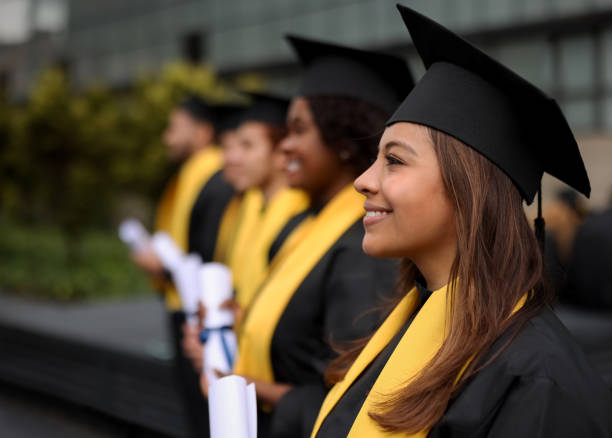Bridging Cultural Gaps
Describe in 200-250 words an occasion in which you have interacted with an individual or a group of individuals from another culture. Identify the cultural differences which were present and how you demonstrated respect for those differences.
During a health education outreach event at a local community center, I had the opportunity to interact with a group of refugees from Southeast Asia. The group included individuals from different cultural and religious backgrounds, primarily from the Hmong and Karen communities. As I facilitated a health education session on preventive care, I encountered several cultural differences, particularly regarding health beliefs, communication styles, and the role of family in decision-making.
For instance, some attendees held traditional beliefs about illness, associating it with spiritual causes, which affected their openness to modern healthcare. Additionally, many participants were more comfortable with indirect communication, relying heavily on non-verbal cues, which contrasted with the more direct communication styles I was used to. Family played a central role in health decisions, with elders often guiding choices…
During a health education outreach event at a local community center, I had the opportunity to interact with a group of refugees from Southeast Asia. The group included individuals from different cultural and religious backgrounds, primarily from the Hmong and Karen communities. As I facilitated a health education session on preventive care, I encountered several cultural differences, particularly regarding health beliefs, communication styles, and the role of family in decision-making.
For instance, some attendees held traditional beliefs about illness, associating it with spiritual causes, which affected their openness to modern healthcare. Additionally, many participants were more comfortable with indirect communication, relying heavily on non-verbal cues, which contrasted with the more direct communication styles I was used to. Family played a central role in health decisions, with elders often guiding choices…
During a health education outreach event at a local community center, I had the opportunity to interact with a group of refugees from Southeast Asia. The group included individuals from different cultural and religious backgrounds, primarily from the Hmong and Karen communities. As I facilitated a health education session on preventive care, I encountered several cultural differences, particularly regarding health beliefs, communication styles, and the role of family in decision-making. Bridging Cultural Gaps



